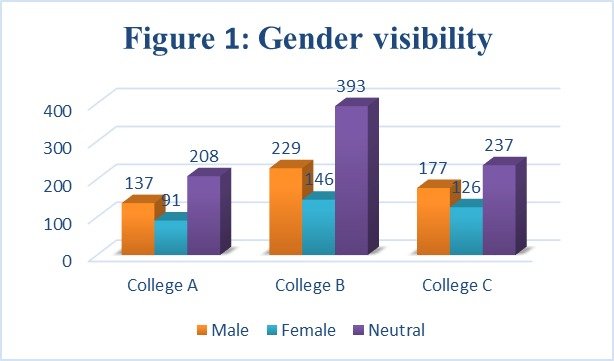Gender Representation in Classroom Discourse: A Study of School-Related Gender-Based Violence in Selected Colleges of Education in Ghana
Keywords:
Classroom Discourse, Gender Violence, Sustainable Development Goals, United NationAbstract
Gender equality and gender-fair representation, across all facets of life, especially in education, has been one of the major agenda of the United Nation’s Sustainable Development Goals (SDGs). Massive efforts are fronted by the United Nations (UN) and other International Organisations to reduce or eliminate gender-biases and violence. However, the problem still remains an issue of concern especially in developing and Sub-Saharan African countries. This study is an attempt to re-echo and complement the efforts of the UN in creating sufficient gender-awareness in education. It investigates how gender is represented in the discourses and spontaneous interactions, sentences and utterances in the language classroom. Classroom sessions of 9 language tutors from 3 Colleges of Education spread across 3 regions of Ghana were observed and recorded. In total, 360 minutes of verbal structures were analysed, that is, a duration of 40 minutes each from the 9 class sessions. The data collection instruments were audio-recorders and note taking. The qualitative approach was adopted and thematic analysis was used to analyse the recorded discourses. Mehari and Belete’s (2021) conceptual framework of gender representation was adopted. The main finding of the study was that females were underrepresented relative to males in the classroom discourse. Also, the male pronoun, he, was used as universal term for both genders. The males were also ascribed more prominent professional and educational statuses than the females. The females were ascribed domestic chores, less education and low-esteemed professions. There was never a single time when the feminine pronoun, she, was used as a universal term for both genders. The study concludes that there is yet to be significant improvements in the gender representation of females in language use in the classroom.

Published
How to Cite
Issue
Section
Copyright (c) 2023 Dr. Rebecca Arthur, Daniel Arkoh Fenyi

This work is licensed under a Creative Commons Attribution 4.0 International License.




